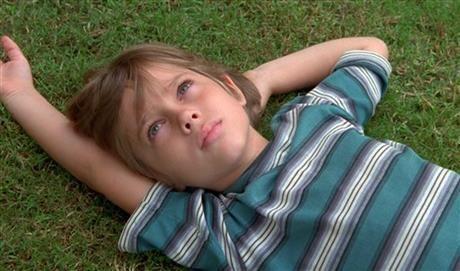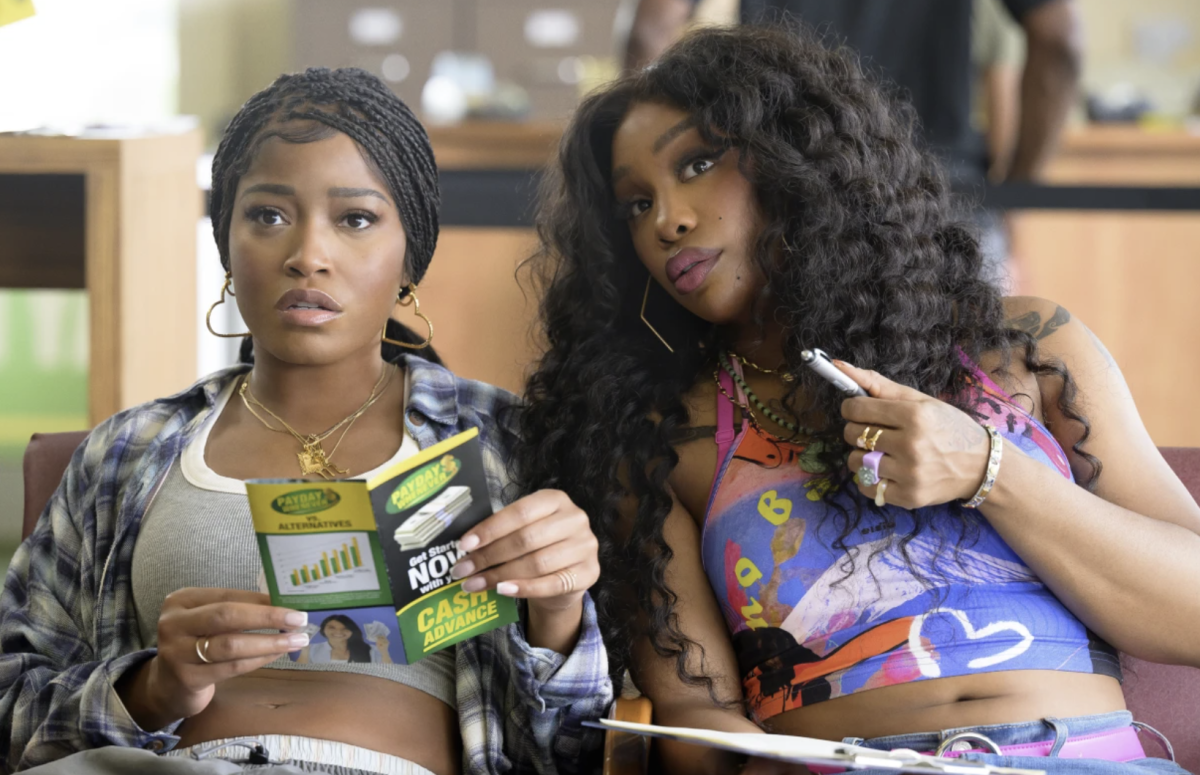After its big opening at this year’s Sundance Film Festival, director Richard Linklater’s magnum opus film “Boyhood” is finally getting a well-deserved wide release, and in doing so, it is showing film audiences something they are not accustomed to.
“Boyhood” is one of the most incredible and ambitious film projects of the decade, and it is undoubtedly one of the most stunning forays into childhood ever put on film.
Linklater made “Boyhood” over the course of 12 years. He and his principal actors met for a few weeks every year and made a short film about each part of the life of a young boy. His goal was following the life of this boy as he begins to understand the world that is rapidly changing around him. Linklater felt the only way to capture this transition was hiring a young actor, played by 7-year-old Ellar Coltrane, and film him growing from a boy to a man.
The process of making “Boyhood” is fascinating and shows a level of commitment from Linklater and the cast that is refreshing in modern filmmaking.
Though this isn’t the first film to try something along these lines, “Boyhood” is notable for capturing a genuine glimpse into the lifestyle of modern boy.
We live in a time where the Hollywood motto appears to be, “Cutting corners.” Uninteresting sequels and hackneyed adaptations seemingly rule the landscape of cinema.
Tales from the “Hobbit” movie’s set where Ian McKellen was reduced to tears because of the extreme difficulties acting on green screen as opposed to on set are particularly disheartening.
Even some of our greatest filmmakers are allowing the business to compromise their art.
Just because film is primarily a form of entertainment does not mean it is a simple field. A great movie takes craft and determination.
When profitability becomes the only goal, something is lost in the filmmaking.
One thing other filmmakers should learn from Linklater is ambition pays off. All of the greatest directors were known risk takers, and films like “Boyhood” show big risks can yield big gains.
It will be interesting to see if the film holds up for future years, since a large part of the film’s charm comes from its profound sense of nostalgia.
The film is notable because it weaves pop culture into the narrative in a way that tugs on viewers’ heartstrings. The film may not have the same effect on a generation that grew up without Britney Spears, “Dragonball Z” or dial up Internet. Regardless of its viability as a classic, “Boyhood” is undoubtedly one of the most important films of modern cinema, and it will remain profound to those lucky enough see it.
‘Boyhood’ brings true emotion to silver screen
August 25, 2014

This image released by IFC Films shows Ellar Coltrane at age six in a scene from the film,”Boyhood.” (AP Photo/IFC Films)
More to Discover








